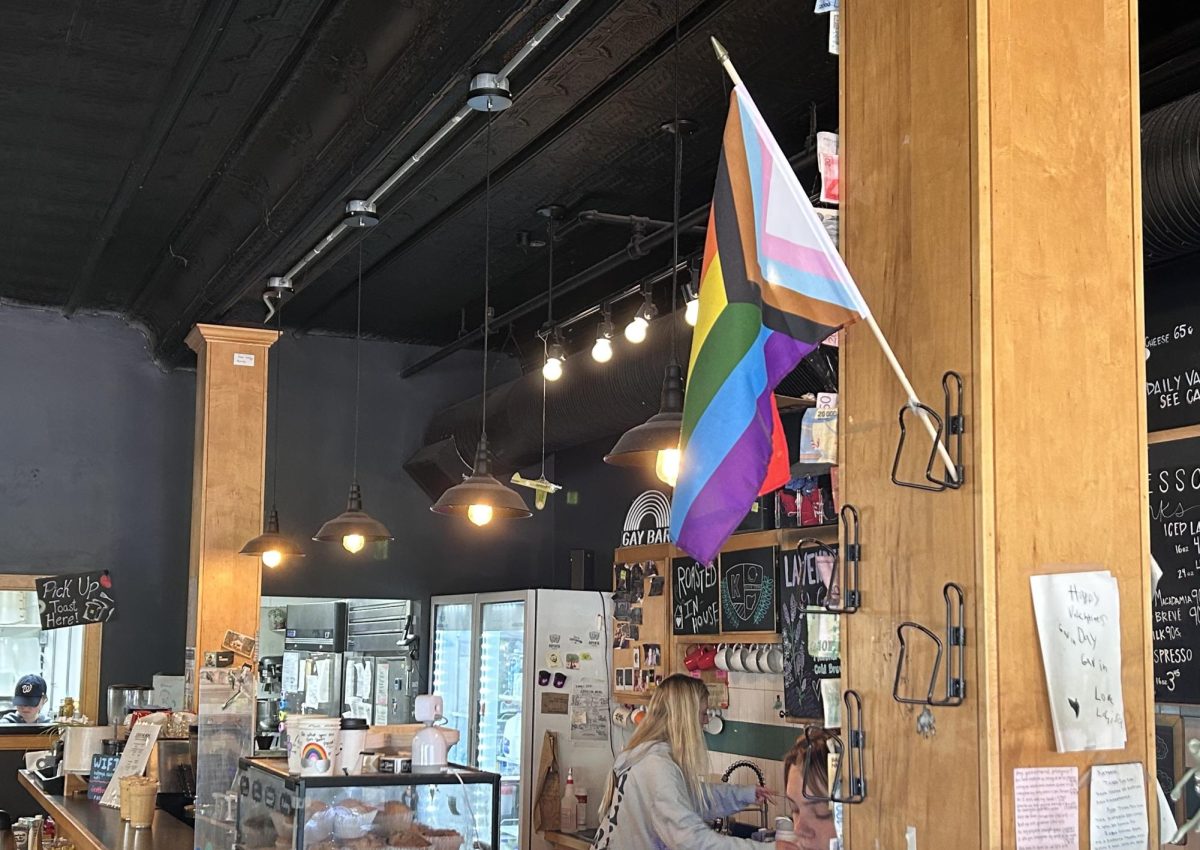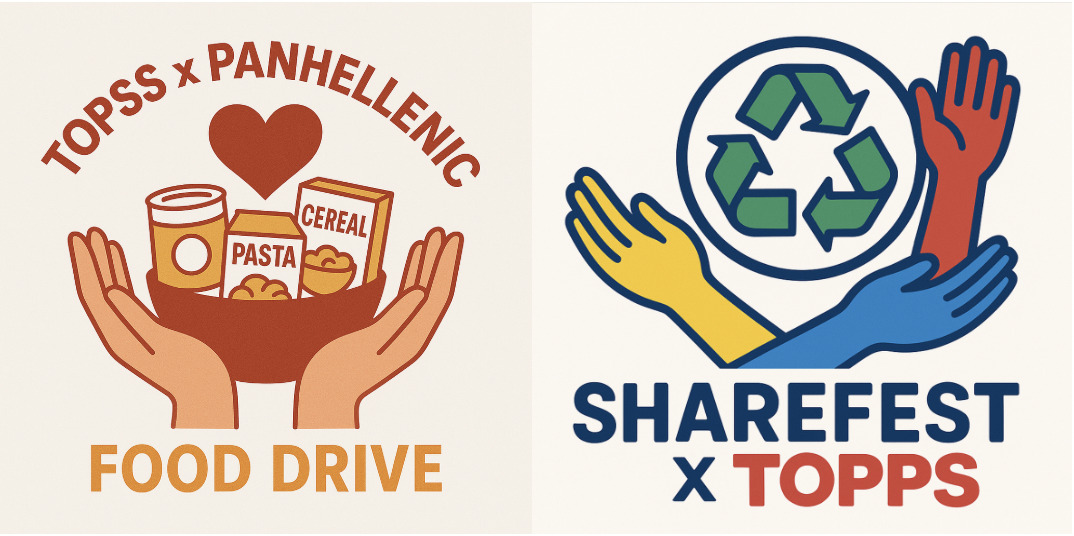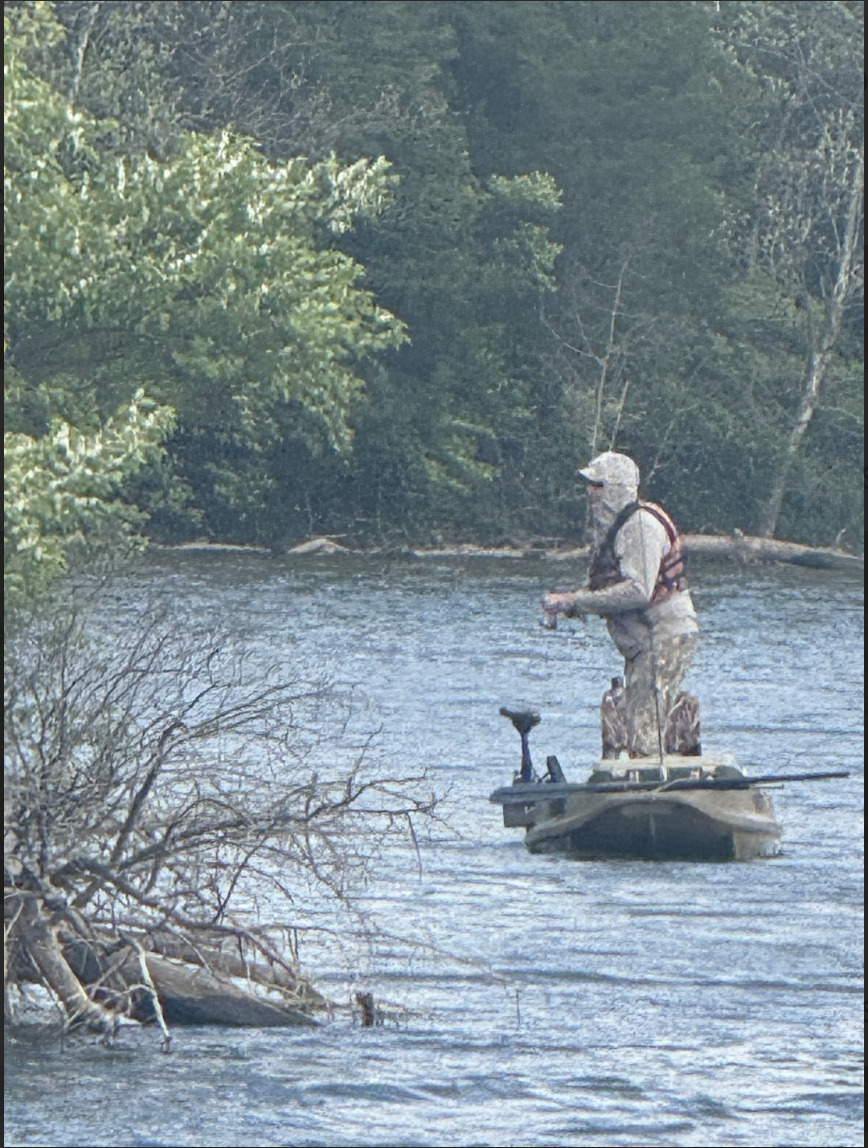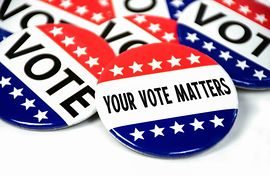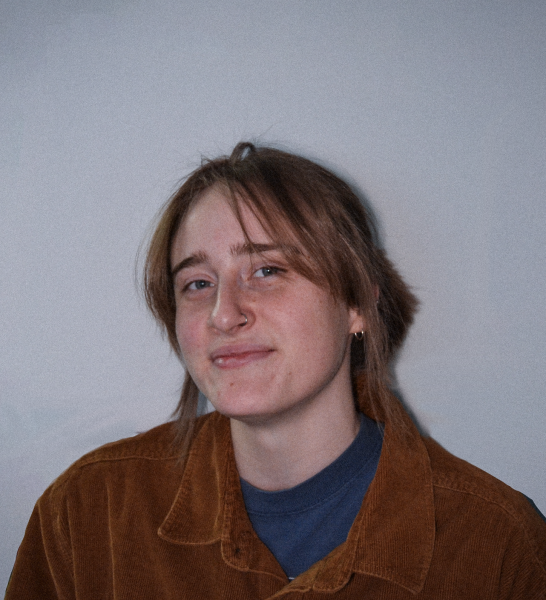Between afternoon sips of coffee, middle schoolers, high schoolers, college students, and working and retired adults shared thoughts about parental acceptance, getting married, going to prom, coping with negative comments and attending pride festivals. The Oxford Area PFLAG’s first “Queer Coffee and Community” event was meant to do just that.
Attendees packed chairs around cafe tables and spoke, in turns, about discomfort, community and hope. It was the search for hope that brought Jackie with her high school-age child.
“We used to keep saying ‘after elementary school,’ or, ‘oh, middle school might be a little better,’ then ‘after middle school’ or ‘high school is going to be a lot better,” Jackie said. “Then, now, we’re here. We are saying college is gonna be easier because it kind of keeps letting us down.”
Oxford Area PFLAG coordinator Megan Kuykendoll came early to decorate one of the large cafe tables with a few pride flags and pay for each attendee’s coffee with the PFLAG budget — making the event as accessible as possible.
“It kind of grew out of talking with the students in the Talawanda High School Diversity Club,” Kuykendoll said. “Hearing some of what they’re dealing with. They’re wanting to be able to envision their future and think about, ‘What is queer life beyond high school?’”
According to the 2021 National School Climate Survey, 68% of LGBTQ+ students ages 13 to 20 felt unsafe at school because of their sexual orientation, gender identity or expression.
“It’s just at school,” Jackie said of her child’s discomfort. “Just things that make a kid feel uncomfortable and not always welcome in a space, but there’s a lot of great teachers that are very supportive. So I’m never scared to send my kid to school or anything like that.”
Kuykendoll said PFLAG intended the coffee chat to be a space where people could form the connections that the Oxford LGBTQ community has lacked thus far. They attribute this to generational gaps, rotating student populations and a lack of community LGBTQ spaces in Oxford.
“Now those people have that recognition of each other to say ‘hi’ in the grocery store, or at the farmers market,” Kuykendoll said. “I’m hoping that that offers more of a felt sense of belonging and community in a space that is sometimes hard, living in Oxford, there just aren’t queer spaces that aren’t student spaces.”


